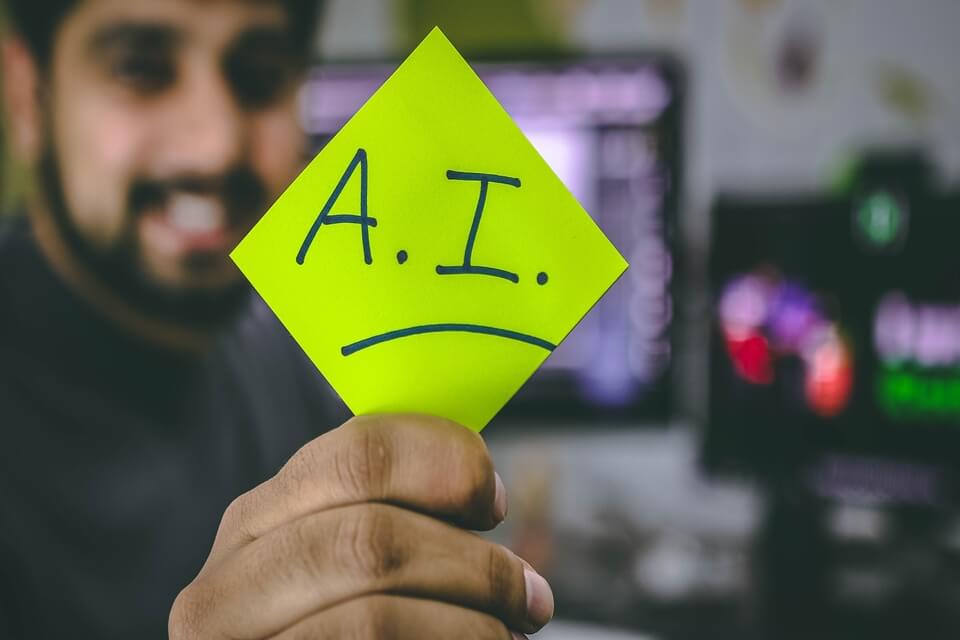Its must not be a new thing for us to hear about how impressively useful artificial intelligence is in improving our way of living. However, not every one of us is fully aware of how Artificial Intelligence has immensely helped us in various aspects of our lives especially on small and insignificant tasks. Most commonly, many assume that this type of technology is only helpful for building highly technical and complex operations.
Table of Contents
ToggleWhat Is Artificial Intelligence?
It is a subject of Computer Science that mainly aims to build machines and computers that can be used to enhance logical operations. AI systems have the ability to execute tasks associated with human intelligence such as speech recognition, decision-making, visual perceptions, and even language translations.
There is more to it than those simulations of human intelligence mentioned above. Here are some main reasons why artificial intelligence is essentially important in our lives:
-
New Jobs
It is no longer a new thing for us to be aware that artificial intelligence replaces repetitive jobs or tasks that can be programmed or automated. With artificial intelligence replacing these repetitive jobs, it also helps create new tasks and jobs for us. This situation may sound alarming for some who are worried about being unemployed in the future. However, this is actually an interesting phase for humans as the development of artificial intelligence continues to prosper and develop. We no longer need to concern ourselves doing repetitive tasks and this will eventually inspire us to create massive high-skilled job opportunities. -
Improved Healthcare
Further research and development of artificial intelligence will also be effectively used and benefit the healthcare industry. It can be used in various aspects including automated operations, predictive diagnosis, preventive interventions, precise surgeries, and other clinical operations. -
Revolutionized Agriculture
Artificial Intelligence will not only shake up the healthcare industry but even the agriculture industry. Robots can be utilized to render repetitive human tasks such as planting seeds, fertilizing crops, or even administering pesticides to plants. With the advancement in artificial intelligence, farmers may utilize drones to effectively monitor their crops and collect data for analysis. The possibility of those data being collected, analysed and examined by AI may also be possible in the future. Analysis of crops’ health, soil conditions, boosts in harvest especially for crops that are not difficult to gather are just a few of the possible capabilities of utilizing AI in the agriculture industry. -
Reduced Traffic Accidents
Auto or traffic accidents are one of the most popular accidents that may happen in any corner of the world. These human errors that may cause lives can be avoidable. However, accidents are indeed inevitable and humans are bound to make mistakes. Fortunately, artificial intelligence is said to help reduce traffic accidents and boost auto safety. In the auto industry, self-driving cars are just one of the many great examples of how artificial intelligence is fully utilized. There are also ongoing studies of how artificial intelligence may improve traffic conditions and other complications. Big cities and metropolitan areas are also utilizing smart systems to analyze traffic lights at the intersections. This advancement greatly helps in preventing traffic and congestions, especially on busy streets.
The Bottomline
While a huge volume of data created on a daily basis may stress out any ordinary human worker, AI applications are quick and more convenient. Artificial Intelligence can be used in various and across different industries. As it continues to prosper and develop, more and more people will learn about it and trust its capacities instead of getting scared of its development. While there are downsides, the possibilities of artificial intelligence helping millions of people and creating tens of millions of high-skilled job opportunities will surely give shape to various industries.





